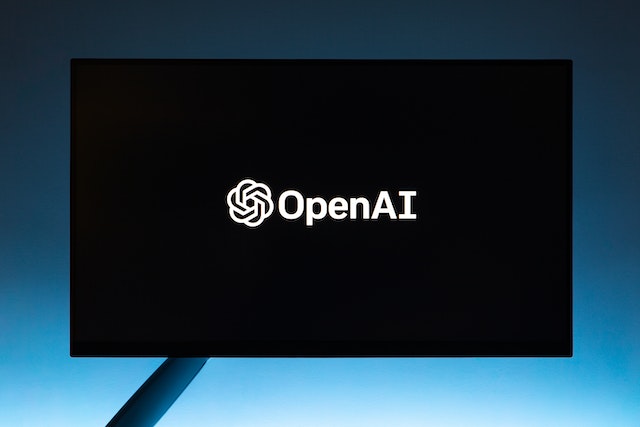Introduction: In today’s rapidly evolving digital landscape, artificial intelligence (AI) has emerged as a disruptive force, transforming industries and revolutionizing the way businesses operate. From enhanced customer experiences to increased efficiency and automation, AI offers immense potential for growth and competitive advantage. In this article, we’ll explore how AI is disrupting the market and why it’s crucial for businesses to embrace this transformative technology.
- AI-Powered Customer Service: AI-powered chatbots and virtual assistants are revolutionizing customer service. These intelligent systems can handle routine inquiries, provide personalized recommendations, and offer real-time support, enhancing customer satisfaction while reducing response times and costs.
- Data Analysis and Insights: AI algorithms excel at analyzing vast amounts of data, uncovering valuable insights that drive informed decision-making. With machine learning capabilities, businesses can identify patterns, trends, and correlations in data, enabling them to optimize operations, target marketing efforts, and identify new business opportunities.
- Personalized Marketing and Customer Experiences: AI enables businesses to deliver personalized marketing messages and tailored customer experiences. By leveraging customer data, AI algorithms can create highly targeted campaigns, recommending products or content based on individual preferences, and increasing conversion rates.
- Process Automation and Efficiency: AI-powered automation streamlines business processes, reducing manual effort and increasing efficiency. Robotic Process Automation (RPA) can handle repetitive tasks, freeing up employees to focus on higher-value work. AI-driven workflow optimization can enhance productivity and reduce errors.
- Predictive Analytics and Forecasting: AI algorithms can predict future trends and outcomes based on historical data. By utilizing predictive analytics, businesses can make proactive decisions, optimize inventory management, forecast demand, and anticipate customer behavior, gaining a competitive edge.
- Enhanced Cybersecurity: AI plays a critical role in fortifying cybersecurity defenses. Machine learning algorithms can identify anomalies, detect threats, and mitigate risks in real-time. AI-driven security systems continuously learn and adapt, staying one step ahead of cybercriminals.
- Intelligent Decision-Making: AI assists in complex decision-making processes by providing data-driven insights and recommendations. By analyzing vast datasets, AI algorithms can identify patterns, evaluate multiple scenarios, and suggest optimal solutions, enabling businesses to make smarter decisions faster.
- Improved Healthcare and Research: AI is transforming the healthcare industry, facilitating early disease detection, personalized treatment plans, and drug discovery. Machine learning algorithms can analyze patient data, identify patterns, and assist healthcare professionals in diagnosis and treatment decision-making.
- Smarter Supply Chain Management: AI optimizes supply chain operations by forecasting demand, optimizing inventory levels, and improving logistics. AI-powered systems can minimize stockouts, reduce waste, and streamline the movement of goods, resulting in cost savings and improved customer satisfaction.
- Competitive Advantage: Businesses that embrace AI gain a competitive edge by leveraging its capabilities. Whether it’s through enhanced customer experiences, improved operational efficiency, or data-driven decision-making, AI empowers businesses to stay ahead in a rapidly evolving marketplace.
Conclusion: AI is undeniably disrupting the market across various industries, offering immense potential for growth and innovation. Embracing AI technology can transform the way businesses operate, enabling them to provide superior customer experiences, optimize processes, and make data-driven decisions. By harnessing the power of AI, businesses can unlock new opportunities, gain a competitive advantage, and future-proof their organizations in the ever-changing landscape of the digital age.

